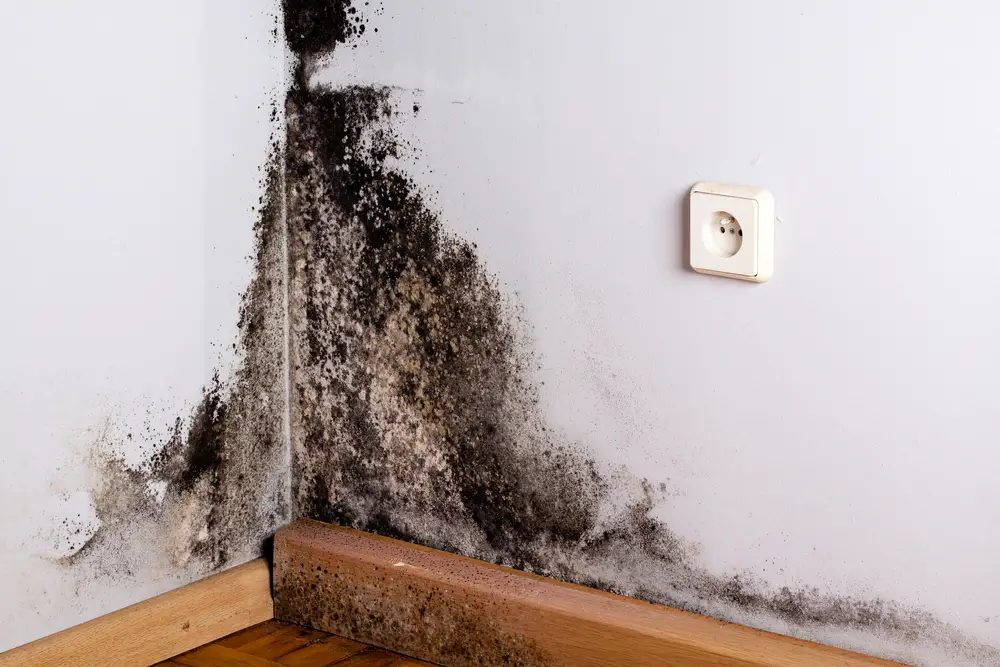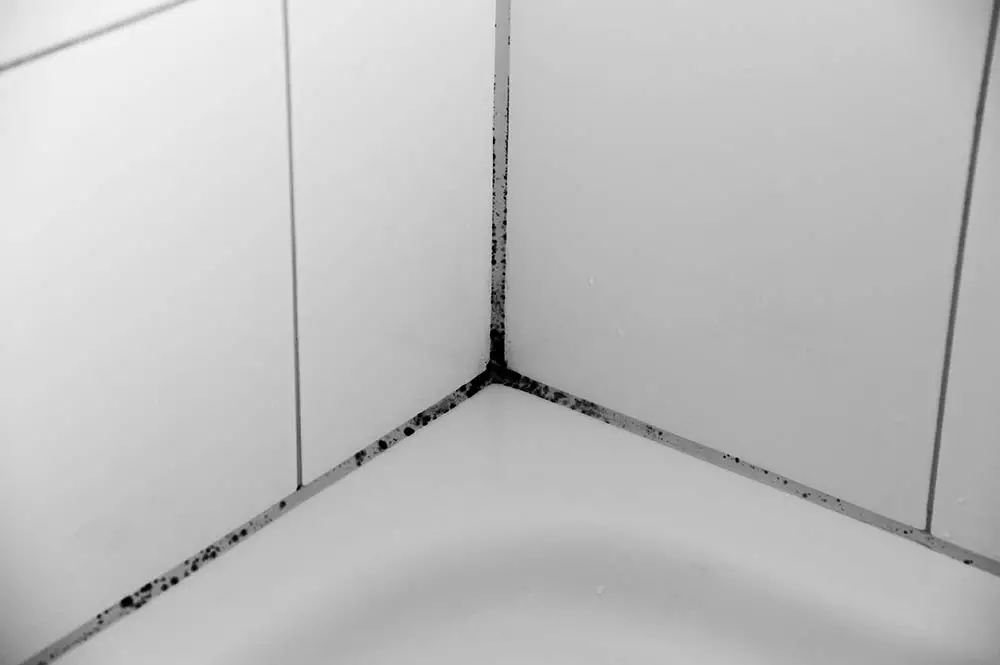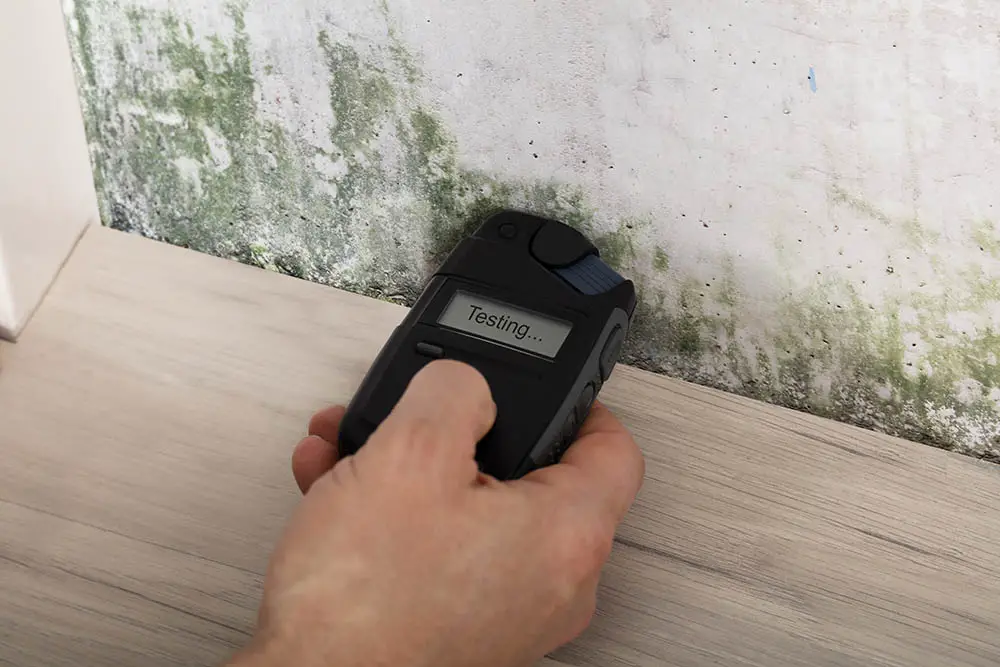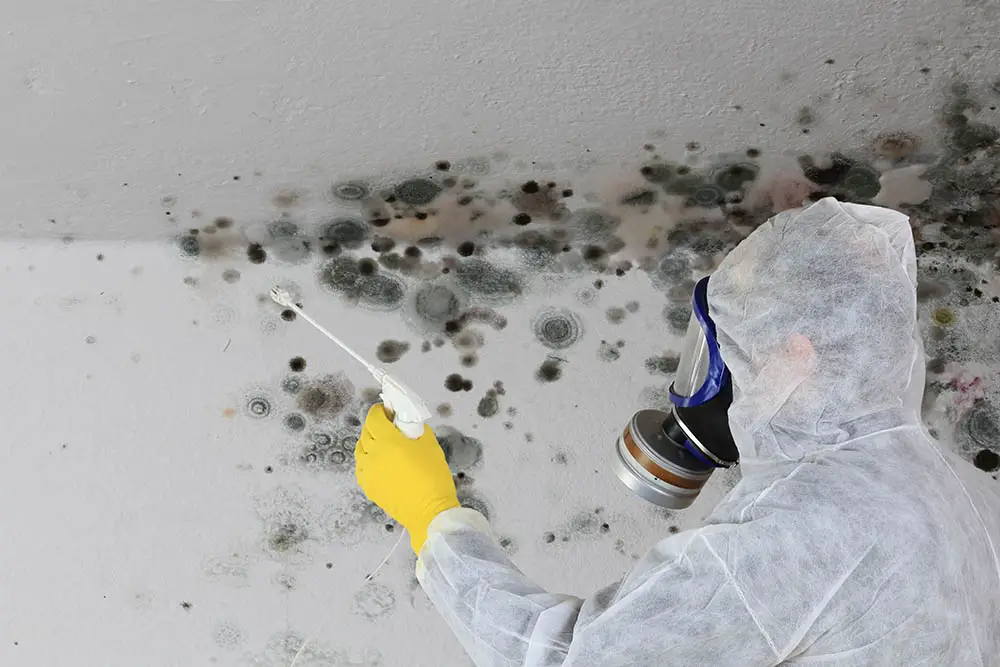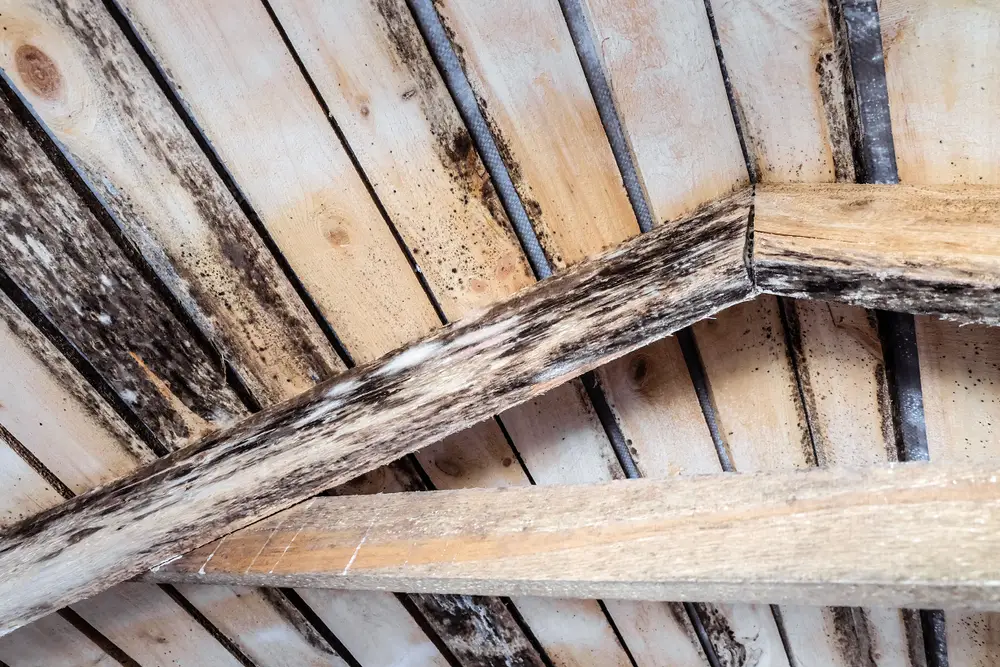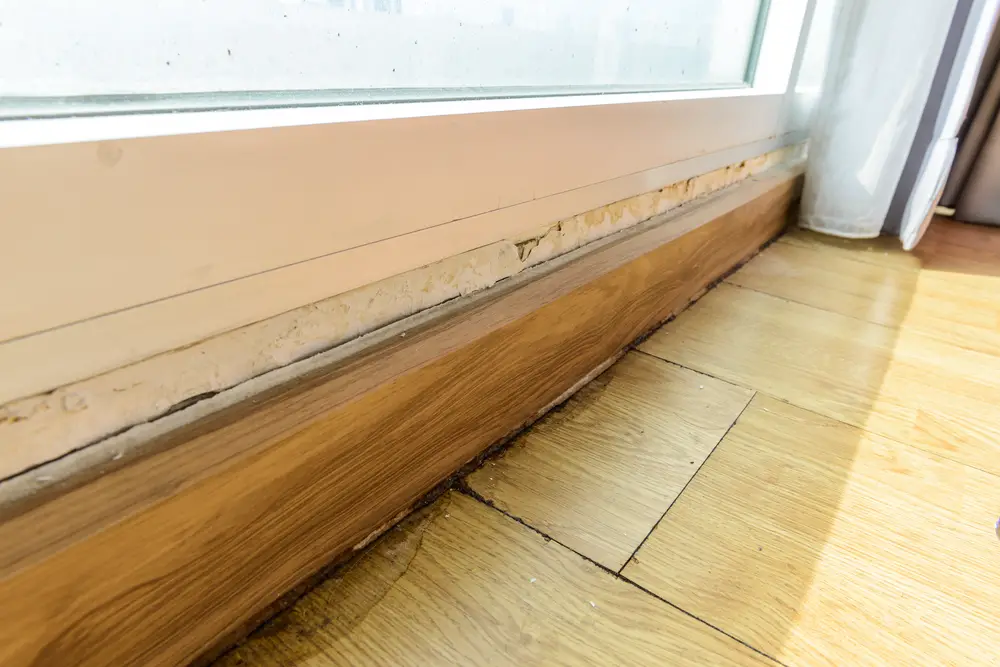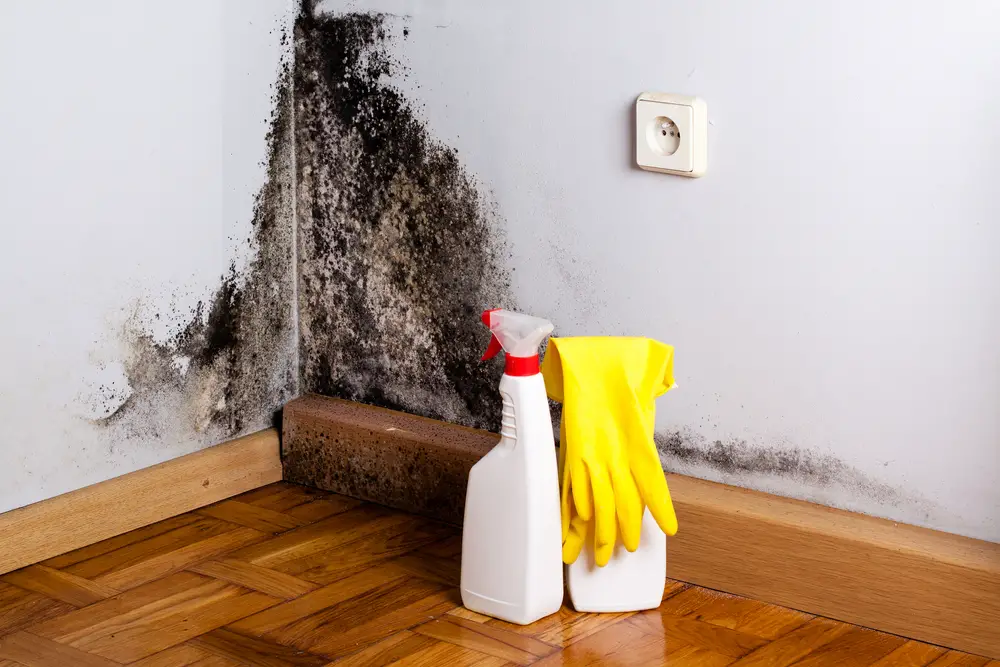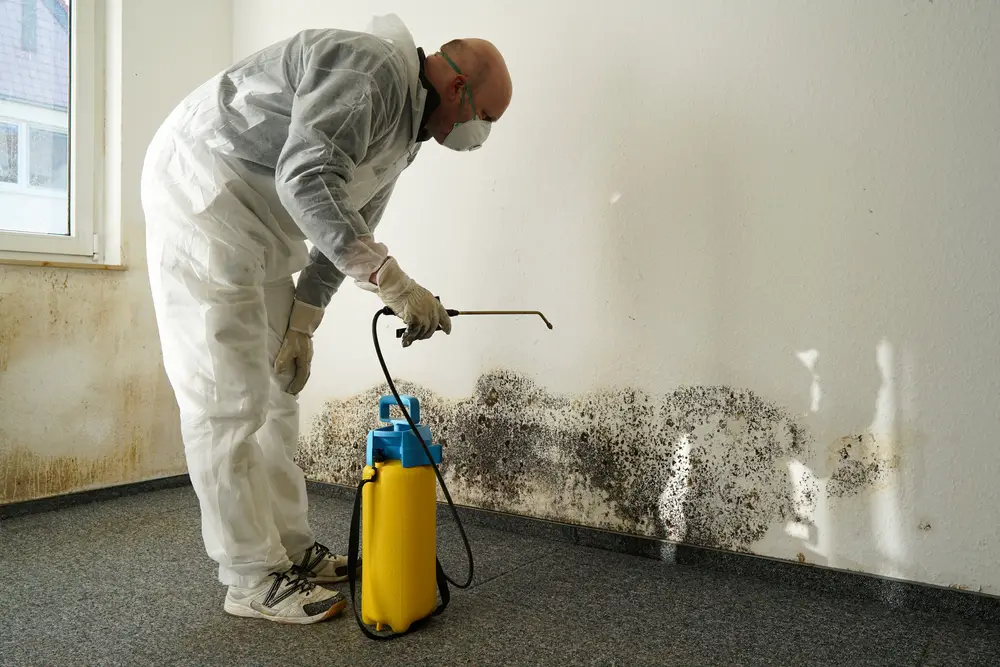As a tenant, dealing with mold in your rented property can be a distressing experience. Mold not only poses health risks but also damages the structural integrity of the property. This raises an important question: Are landlords responsible for mold? In this post, we will explore the responsibilities of landlords regarding mold issues, the legal implications, and the steps tenants can take to address this common concern.

Understanding Landlord Responsibilities
Landlords have responsibilities that he/she must uphold as a lessor. Let’s discuss some of these responsibilities.
Providing a Safe and Habitable Environment
Landlords have a legal obligation to provide tenants with a safe and habitable living environment. The place you are renting must be legally safe for humans to live on, this includes addressing mold problems that can potentially harm the health and well-being of tenants.
Maintaining the Property
It is important as a tenant to take care of your Lessor’s property, but it is also as important that Landlords are responsible for maintaining the property’s structural integrity and ensuring that it remains free from hazards, including mold growth. This duty extends to repairing leaks, fixing ventilation issues, and addressing any underlying factors that contribute to mold growth.
Complying with Local Laws and Regulations
Landlord responsibilities may vary depending on local laws and regulations. Some jurisdictions explicitly outline landlords’ responsibilities for mold remediation and prevention, while others have general requirements for maintaining habitable conditions.
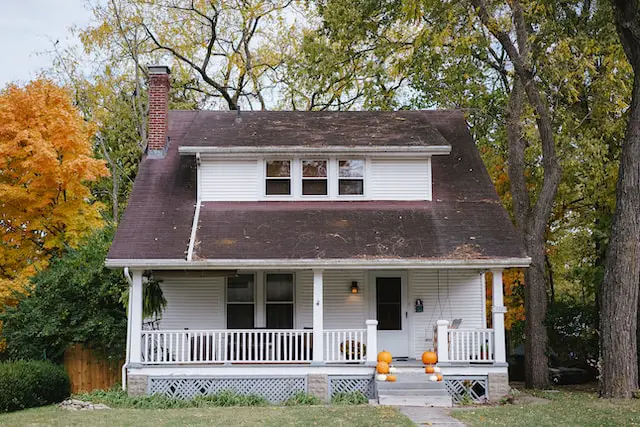
Legal Information You Can Bring Up With Your Landlord About Mold
Implied Warranty of Habitability
In many jurisdictions, there is an implied warranty of habitability, which means that landlords must ensure that the rental property meets basic living standards. Mold growth that compromises the habitability of the premises can be a breach of this warranty, making the landlord legally responsible for remediation.
Lease Agreement
Lease agreements may contain provisions regarding mold prevention and remediation. It is essential for tenants to carefully review their lease agreements to understand the specific responsibilities of both parties when it comes to mold issues.
Steps Tenants Can Take
Communication
Tenants should promptly notify their landlords about any suspected or visible mold growth. Written communication is recommended for documentation purposes.
Documenting Mold Issues
Tenants should document the presence of mold through photographs, videos, and written descriptions. This evidence can be crucial when addressing the issue with the landlord or in legal proceedings, if necessary.
Requesting Mold Remediation
Tenants should formally request their landlords to address the mold issue, citing the implied warranty of habitability and any relevant local laws or regulations.
Seeking Legal Advice
If landlords fail to respond or adequately address the mold problem, tenants may consider seeking legal advice from a tenant’s rights organization or an attorney specializing in landlord-tenant disputes.
Preventing Mold
Prevention is key in avoiding mold issues. Tenants can take proactive measures to minimize the risk of mold growth, such as:
- Proper ventilation by using exhaust fans or opening windows when cooking or showering.
- Regularly cleaning and drying surfaces prone to moisture, such as bathrooms and kitchens.
- Reporting any leaks or plumbing issues to the landlord promptly.
- Monitoring humidity levels and using dehumidifiers if necessary.
Conclusion
While the responsibilities of landlords regarding mold can vary depending on local laws and lease agreements, providing a safe and habitable living environment is generally expected. Tenants should communicate and document mold issues, request remediation, and seek legal advice if necessary. By understanding their rights and taking proactive measures, tenants can navigate mold concerns and ensure a healthy living environment. Ultimately, the resolution of mold issues requires cooperation and open communication between landlords and tenants.

